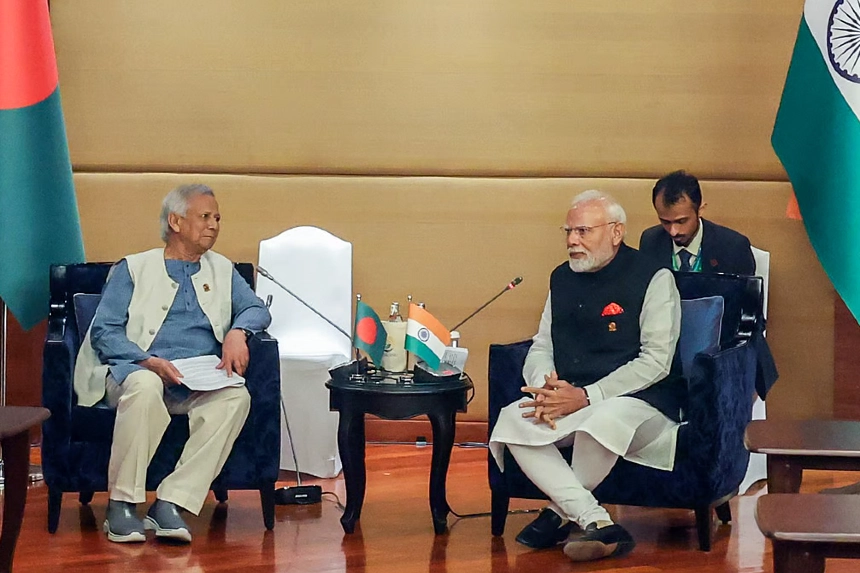Professor Muhammad Yunus, the chief advisor of Bangladesh was in China between March 26 to March 29, after which India permitted the transhipment facility. While on the visit Yunus was heard saying that Bangladesh is the “only guardian of the ocean for all this region.” Referring to the Northeast region of India which is “landlocked”
As per the Central Board of Indirect Taxes document, this move disrupts Bangladesh’s relationship with India and its trade with Bhutan, Nepal, and Myanmar. Further, in the statement of the Ministry of External Affairs, it was stated that the facility was causing congestion at Indian ports and was negatively impacting India’s export sector due to which the decision has been taken. It will be in force from April 8 this year. Randhir Jaiswal, the spokesperson of the External Affairs Ministry also pointed out that,
These measures do not impact Bangladesh exports to Nepal or Bhutan transiting through Indian territory.
Many leaders have come forward to justify the move as a “long-standing demand” because the transhipment facility offered to Bangladesh was hindering India’s export sector. Mithileshwar Thakur the secretary general of the Apparel Export Promotion Council backed this move emphasising it as a general demand. He also said that this move would not only decongest the ports but also reduce transport costs for Indian exporters benefitting the export industry.
Ajay Srivastava, the Head of Global Trade Research Initiative reflected on India’s help to Bangladesh where it provided zero-tariff access to Bangladeshi goods. He also says that Bangladesh’s plan to build a base near India’s Siliguri Corridor with the help of China may have led to this move,
Bangladesh has invited Chinese investment to revitalise the airbase at Lalmonirhat, near India’s Siliguri Corridor.
It denied that this action was taken against the backdrop of the controversial statements given by Professor Yunus during his meeting with a Chinese representative in Beijing last month. In the statement, he was trying to refer to the ease of Bangladesh to enter India’s northeast sending warnings to Delhi. The statement was also interpreted as a result of the growing affinity of Bangladesh with China, further straining its relationship with India. Professor Yunus also met the Indian Prime Minister after their return from the BIMSTEC meeting in Bangkok, but the new turn of events seems to be complicating this relationship rather than strengthening it.








